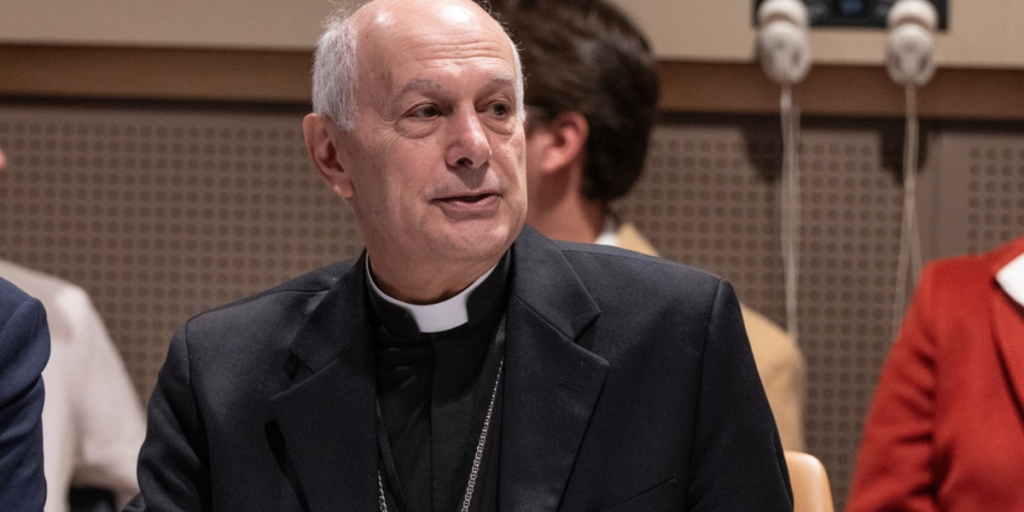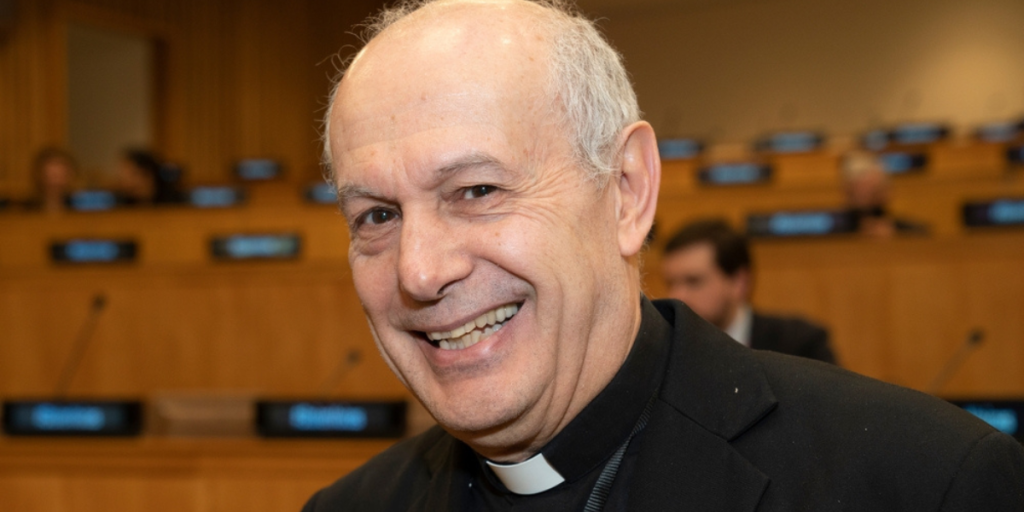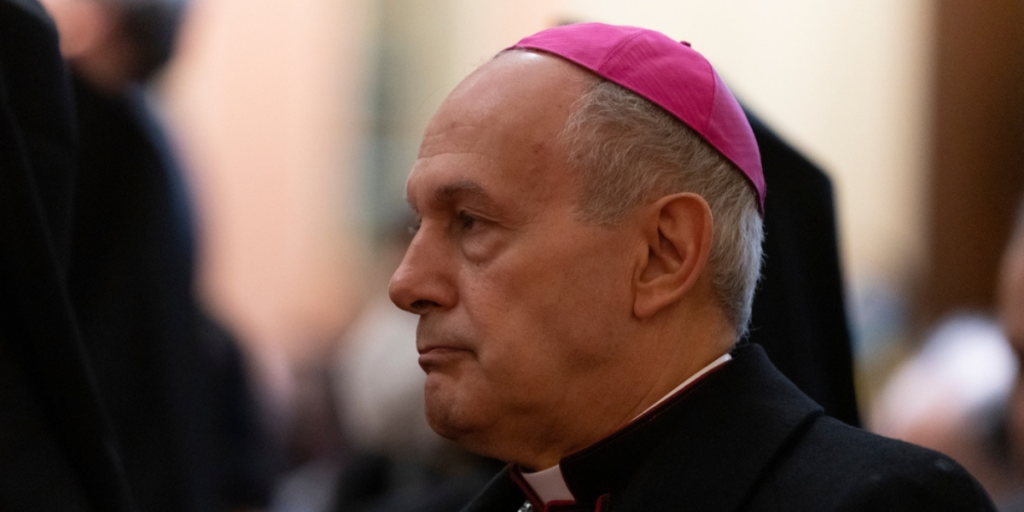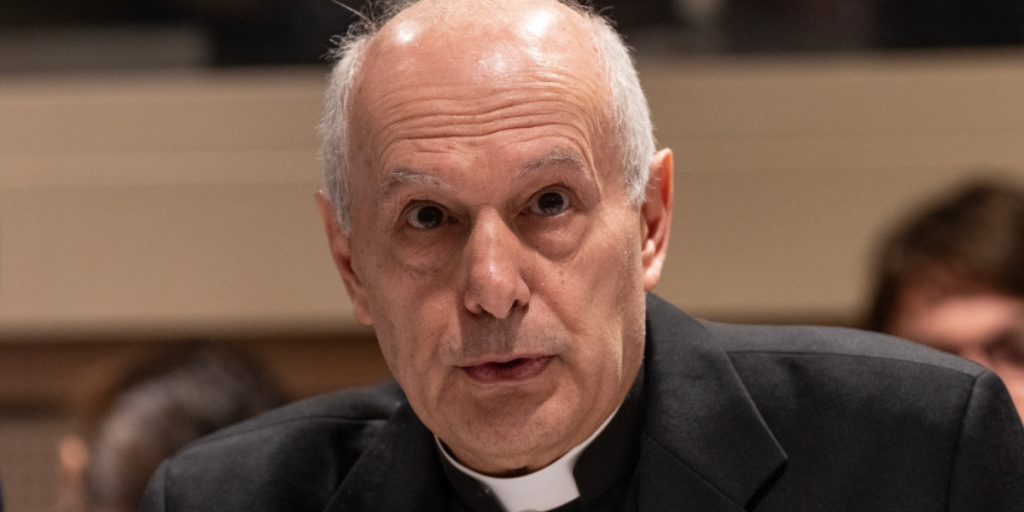Outer Space, Shared Responsibility: A Vatican Perspective
Others are reading now
Outer Space, Shared Responsibility: A Vatican Perspective
The Ethics of the Final Frontier

As humanity’s reach extends beyond Earth, our actions in space increasingly mirror our behavior on the ground. The expansion of technology and exploration has opened new possibilities for science, communication, and discovery — but also new responsibilities.
Outer space is not an infinite playground; it is a shared domain that demands cooperation, restraint, and foresight to preserve it for future generations.
The Vatican’s Call for Peaceful Space

According to OSV News, Archbishop Gabriele G. Caccia, the Vatican’s permanent observer to the United Nations, delivered strong remarks emphasizing that outer space must be safeguarded for peaceful purposes and the common good.
Speaking at the U.N. General Assembly in New York on October 27 and 30, Archbishop Caccia warned that while space offers vast potential for scientific advancement and collaboration, it also brings serious responsibilities that cannot be ignored.
Also read
Growing Dangers in Orbit

As reported by OSV News, Archbishop Caccia expressed concern over “disturbing trends” threatening the peaceful use of space, including the weaponization of satellites, anti-satellite technologies, and the accumulation of orbital debris.
These developments, he said, pose “a genuine and grave threat to international peace and security.” A report by the Center for Strategic and International Studies (CSIS) echoed this warning, citing increased jamming, spoofing, and militarization among global powers — particularly in regions of conflict and near-orbital maneuvering by Chinese and Russian satellites.
A Call for Cooperation and Shared Responsibility

OSV News highlighted Archbishop Caccia’s reminder that the 1967 Outer Space Treaty remains the cornerstone of international space law. The treaty defines space as a common good, to be used for the benefit of all humanity — not for domination or profit by a few nations or corporations.
The archbishop urged states to renew multilateral dialogue, embrace cooperation, and establish responsible guidelines for managing space activities.
He warned that escalating military competition could fragment the spirit of unity envisioned by the treaty’s founders, making collaboration ever more difficult.
Also read
What We’ve Learned

The Vatican’s message underscores the urgency of treating space as a shared human environment rather than a new arena for rivalry.
It reminds the world that technological progress must be balanced with moral responsibility, and that cooperation — not competition — will determine whether space remains peaceful.
The call for renewed dialogue and global trust highlights a moral framework that complements the scientific and political discussions surrounding space policy.
Guardians of the Heavens

As nations look upward in search of opportunity, they must also look inward for wisdom. Space represents both the height of human ingenuity and a test of global unity.
If exploration is to serve humanity rather than divide it, the principles of peace, solidarity, and stewardship must guide every launch and mission. The heavens may belong to no one, but the responsibility to protect them belongs to us all.


